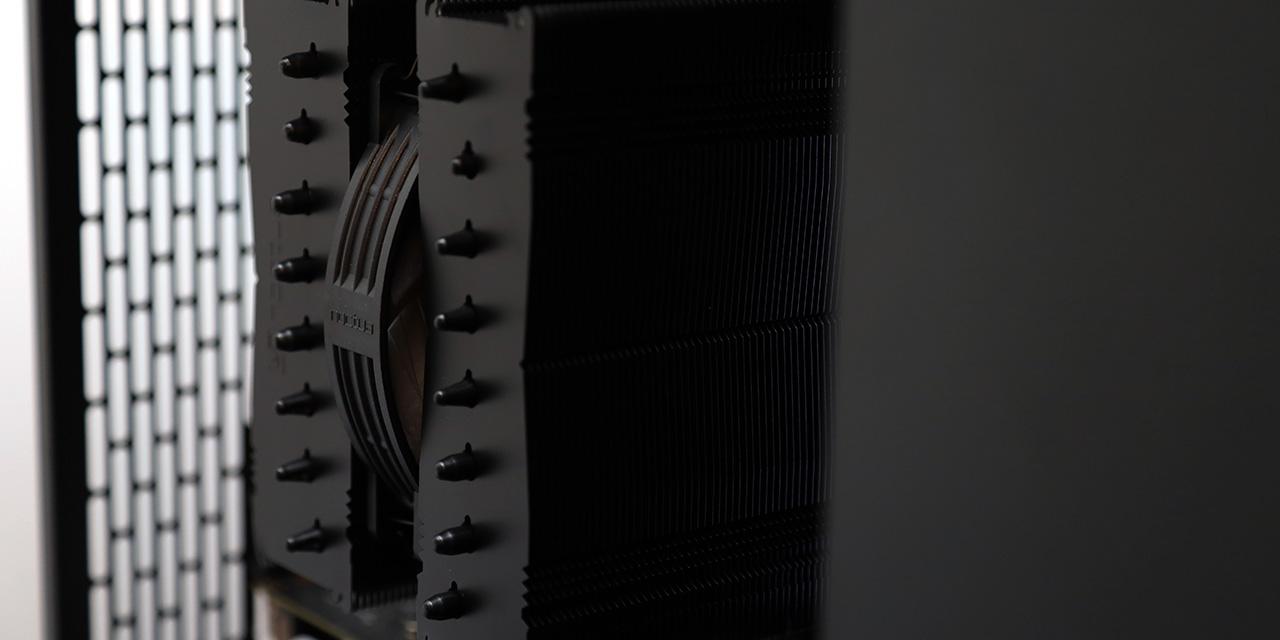From EETimes: The Silicon Valley venture capitalists who once nurtured the semiconductor industry have almost all moved on to greener pastures in web startups, so it's not entirely clear what will be the source of tomorrow's chip innovations.
That was the conclusion of a panel of veteran semiconductor chief executives and investors at the International Solid State Circuits conference (ISSCC) here. The group was modestly optimistic that advances will come from a variety of sources.
A few big companies such as Apple, Google, and Microsoft are getting more vertically integrated by spending more on semiconductors. Developing countries such as China and India are investing in the industry, though they debated the pros and cons of government involvement. And a handful of investors still nourish a few chip startups.
We excerpt below some of the more insightful comments and lively exchanges from CEOs T.J. Rodgers (Cypress), Scott McGregor (Broadcom) and Nicky Lu (Etron) and investors Andy Rappaport (August Capital), John Doerr (Kleiner Perkins Caufield and Byers), and Dado Banatao (Tallwood Venture Capital).
Rappaport -- who helped start companies such as Atheros, Silicon Image, SuVolta, and Transmeta -- kicked off the discussion with a frank assessment of what he called the semiconductor innovation gap:
The history of the semiconductor industry is the history of innovation through startups, but we are entering a new era. A steady flow of VC-financed, US-based and funded startups has slowed to a trickle. In 2012 and 2013 no one is even keeping the data anymore because the numbers are so small.
Semiconductor startups have been terrible investments. After 2011 they have not recovered anything close to 100% of the capital invested. Today if you invest in semiconductors you have a 50% chance of losing 60% of your money -- it's hard to get up in the morning. Somehow you have to get paid for risk and we haven't been paid for it.
Startups got expensive in part due to the cost of masks. The most interesting problems are very complicated and complexity is expensive -- verification is the biggest expense. Cheap things don't create enough value for startups to differentiate themselves, and it's harder these days to take big companies by surprise given the complexity of delivering new products.
There will not be a robust pipeline of startups ever again, so innovation has to come from other places. One challenge is to figure out how to harness the resources of large corporations.
View: Article @ Source Site





